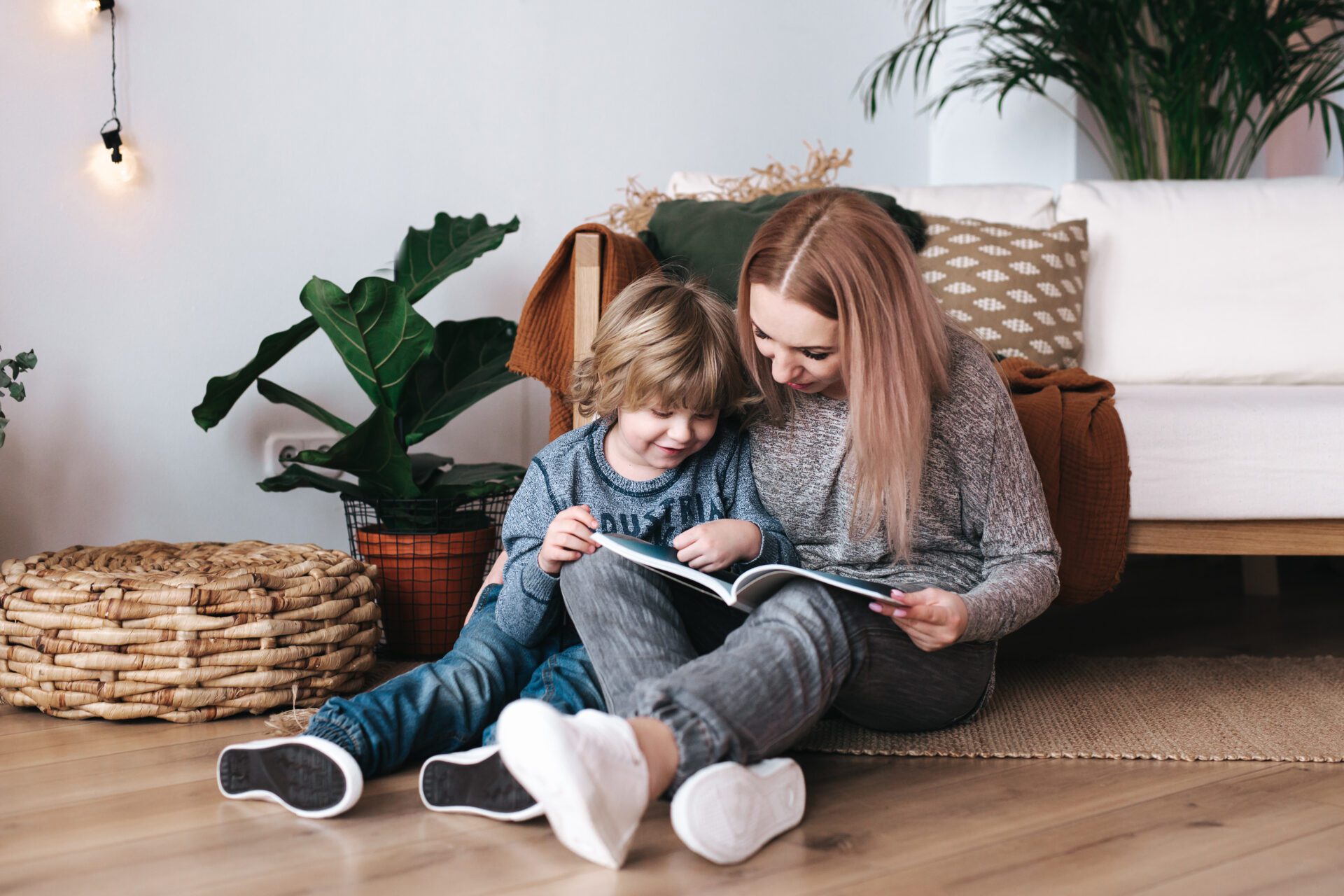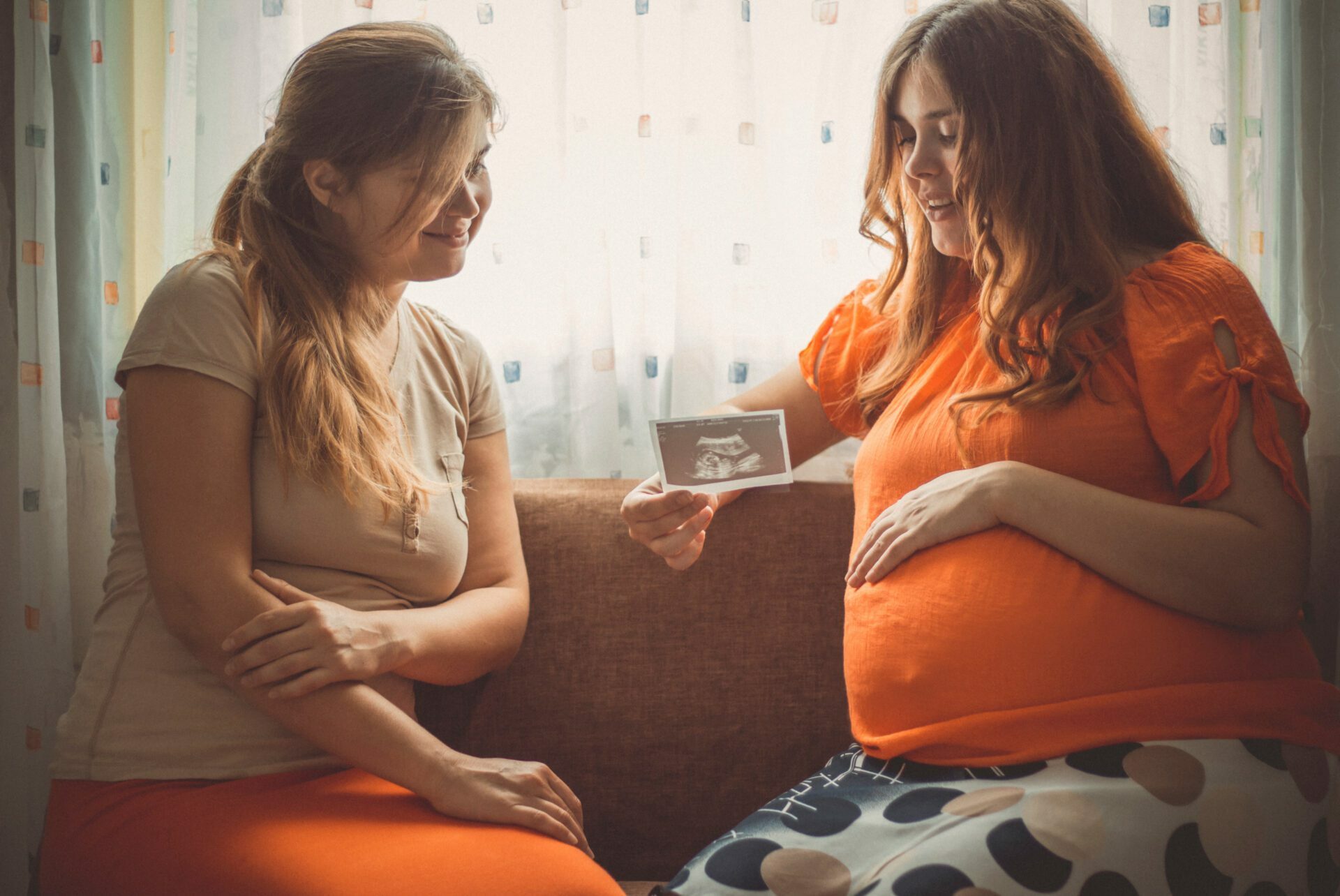Sophie’s story

Sophie had never been a big drinker.
So, when her doctor confirmed Sophie’s pregnancy at six-and-a-half weeks, she mentioned the two to three occasions of drinking more than a couple of glasses of wine.
His response of “it should be ok, just don’t drink to this level again”, meant that it never occurred to her that her social drinking prior to finding out she was pregnant could or would have any impact on her baby’s development.
Back then, the National Health and Medical Research Council (NHMRC) Guidelines for low risk drinking for “women who are pregnant or might soon become pregnant” recommended fewer than seven standard drinks per week, and no more than two standard drinks on any one day.
Given this advice, Sophie would carefully measure and drink one small glass of wine, once a week.
The evidence base has significantly evolved in the time since Sophie’s pregnancy, and NHMRC Guidelines are regularly updated to reflect the most up-to-date evidence in relation to alcohol consumption during pregnancy.
The most current version of the Guidelines (2020) states that women who are pregnant or planning a pregnancy should avoid drinking any alcohol at all. This information is provided to ensure women have the most current and appropriate information to help them make informed decisions about their alcohol consumption during this time.
In keeping with the health advice of the time, Sophie avoided all soft cheese and pate and limited her coffee consumption during pregnancy. In short – she did everything by the book.
Sophie’s son, now 16-years-old, was born full-term weighing in at 4kg (9lb). Although he cried a lot as a baby and struggled with sleep and breastfeeding, there was nothing striking that would suggest that something was different developmentally.
“As his mum I knew, from about six years of age, that some of his behaviours and responses were different to his peers.”
After watching him struggle for years at school Sophie and her husband went on a search to find answers.
“We went to so many health professionals over the years,” she said.
“Each time our concerns were put down to him just being a very tactile and outgoing young man.
“He is very charismatic, but he also has challenges, in particular around his executive functioning, language, and his ability to process information and receive information.”
As her son entered his teenage years, Sophie and her family had a lightbulb moment that Fetal Alcohol Spectrum Disorder (FASD) was a possibility.
FASD, caused by exposure to alcohol during pregnancy, is the leading preventable developmental disability in Australia, and people with FASD experience lifelong physical, behavioural, and cognitive challenges.
As Sophie read more about FASD and learnt that even low levels of alcohol posed a risk, the likelihood of the diagnosis for her son felt more and more certain.
“I realise this might sound really strange but getting a FASD diagnosis for us and our family was the best thing because we had been searching for answers for years, and now we had an answer,” Sophie said.
“I was always asking questions to peers, to other mums and health professionals, and was always told it was me overthinking, or that my son would likely catch up as he matured. Deep down I knew he was struggling.
“For us having a diagnosis meant we could come together as a family and support him and each other.”
While Sophie was relieved to have the diagnosis, it also brought up feelings of guilt for her.
“The way I have dealt with it is raising awareness and trying to reduce the stigma. A big issue for me is people can’t talk about their alcohol use when pregnant, because it is taboo – that needs to change,” she said.
“No one would intentionally put their developing baby at risk or want to be seen as that person who has harmed their child. It is easy to judge and assume the awareness is there and that drinking alcohol was a deliberate act.”
Sophie wants her story to help empower others with knowledge of the importance of stopping drinking “from the moment you start trying to conceive”.
“Alcohol exposure can happen due to a lack of knowledge of the risks, someone may not know they are pregnant, or they may have alcohol dependency and they don’t have the supports to help them to stop drinking,” she said.
“My story highlights the need for clear and accurate information about pregnancy and potential consequences of alcohol use.
“If more people knew the potential harms and realised alcohol can cause a lifelong disability, it would make such a difference. I know it certainly would have for my husband and I.”
Sophie believes when it comes to FASD the most important thing society can do is talk about it. Since her son’s diagnosis, she has become a tireless advocate for the community and her efforts have prompted meaningful change and understanding.
“We can be more open about FASD and be able to talk about it without judgement, and that includes health professionals,” she said.
“I wish one of the health professionals who assessed my son in his earlier years had asked me about my alcohol consumption in the first few weeks before I knew I was pregnant.
We would have had answers and could have provided him with supports so much earlier.”
Sophie hopes that by talking about FASD and alcohol use more broadly, she can be part of a much-needed cultural shift.
When she moved to Australia 19 years ago, Sophie recalls being quick to notice the difference in attitude to cigarettes compared with alcohol.
“I remember going to a party when I first arrived in Australia, and nobody smoked and that surprised me. While people knew the risks in the country I had moved from, there was still a much higher rate of people smoking. The cultural shift happened much earlier in Australia,” she said.
“This is quite different to the cultural acceptance of alcohol in Australia, and I often witness people being encouraged to drink alcohol in public settings, as if not drinking is the ‘socially unacceptable’ belief.”
Now that her son and her family have the FASD diagnosis, the family are working hard to make sure he can live a full and positive life.
“Our hopes and dreams for our son are that he can live a happy and productive life. It won’t be a smooth journey, but I am sure he will do well in life,” Sophie said.
“I am confident we can support him, particularly by advocating for him along the way and ensuring the right guidance and support continues to be in place as he matures into his twenties.”
Sophie said the key to helping people with FASD was “to listen, be interested in their interests, find out their strengths and superpowers and focus on what they can do.”
“Where there are challenges, we do whatever we can to build scaffolding around [my son] to ensure we and other people in his life support him the best we can,” she said.
“We are so lucky to be raising such an amazing and resilient young man, and we are very proud of him.”




